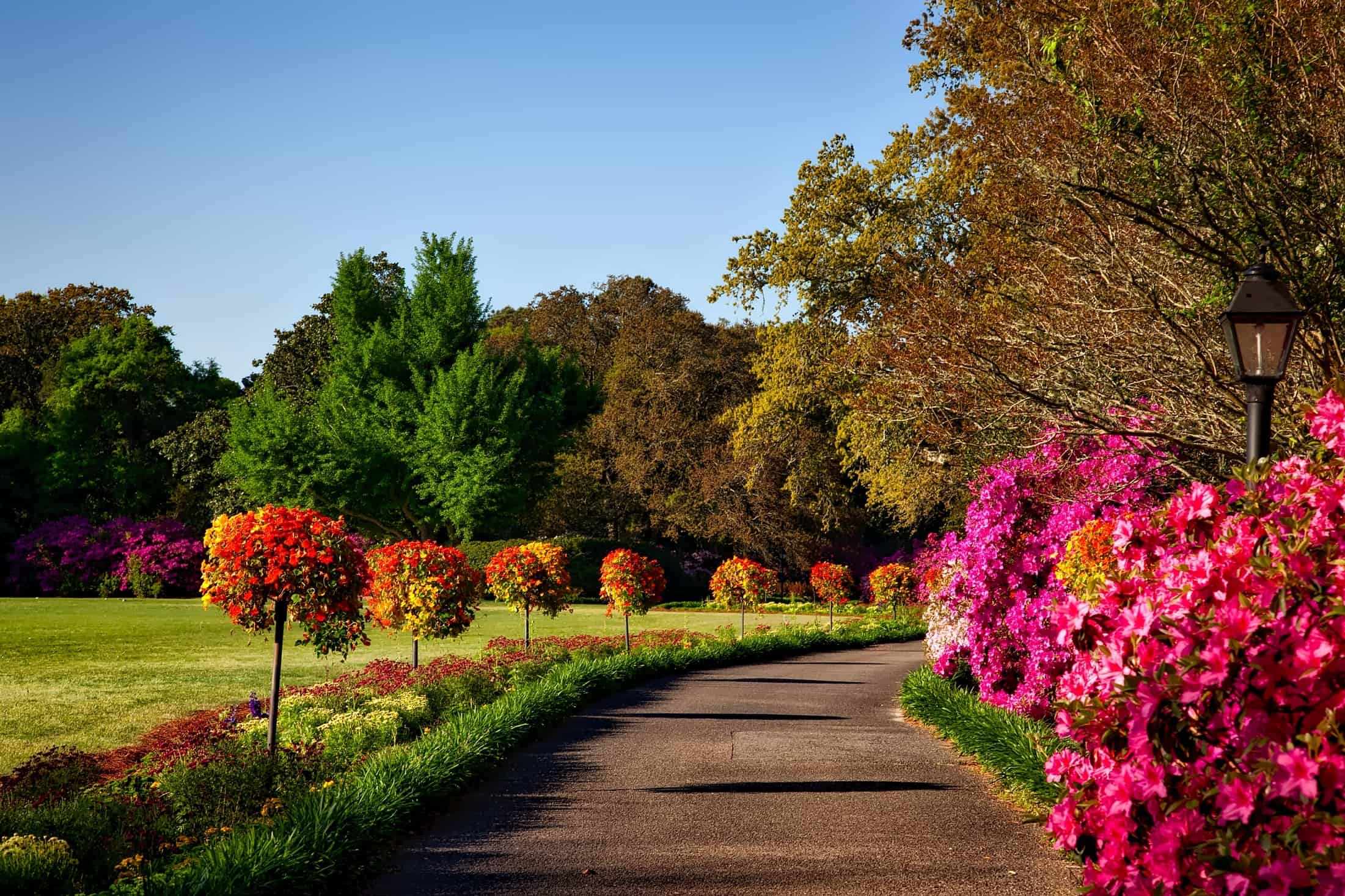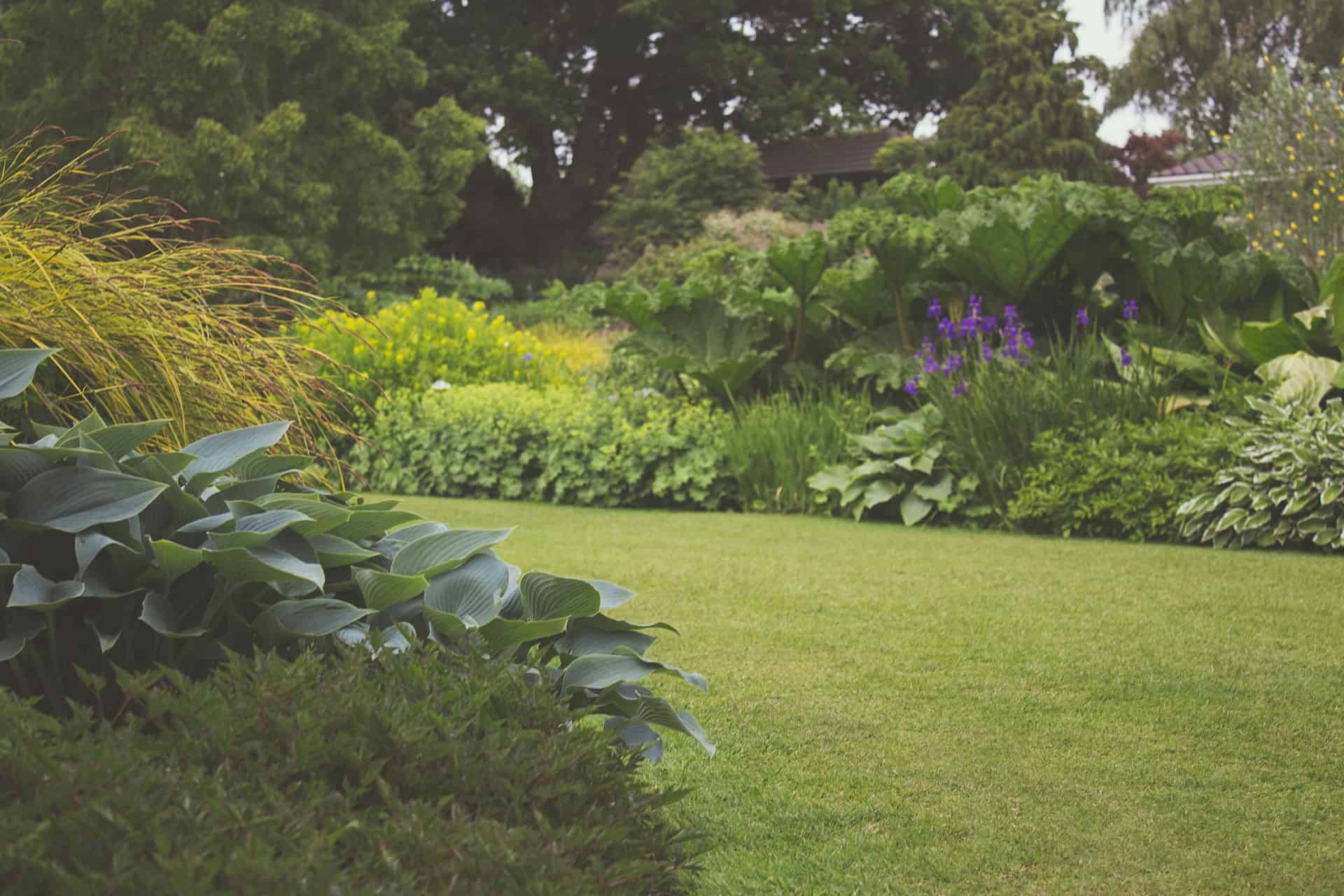 We're now truly into that time of year when the mercury regularly drops below zero.
We're now truly into that time of year when the mercury regularly drops below zero.
It's already looking to be a colder winter than last year's relatively mild climate, which means you have to consider how this will affect your lawn.
Freezing temperatures can rob your grass of its moisture, resulting in the frosty white appearance you'll come across when looking at your lawn following a particularly cold night.
While it can look quite pretty, it's certainly a case of look but don't touch – and stepping on your frozen grass can be just about the worse thing you can do for its health.
This is because frozen blades are quite brittle. That crunch underfoot? That's the sound of those blades breaking. If they don't break, they can bruise. With colder temperatures severely slowing the rate at which your grass grows, it could be a while before your lawn can repair itself.
So, what can you do to help it along? When your lawn has experienced frost, make sure it continues to get a high level of nutrients and water to promote strong roots and keep your lawn hydrated. However, make sure the grass has thawed before watering it.
Similarly, you should regularly rake your lawn so it is clear of dead blades and fallen leaves. While the crown of your turf can survive freezing temperatures, any debris that remains for a long period can exacerbate the growth of thatch – a layer of dead turf.
You should also consider delaying the fertilisation of your lawn in the spring until you are sure it has adequately recovered from the dehydrating effects of frost. This is because your grass is likely to experience further damage as a result of excess nitrogen.
Above all else, be patient! It may take between two and four weeks before your lawn starts to recover when temperatures begin to finally rise again, but rest assured – it will happen if you take the necessary precautions through the winter.




